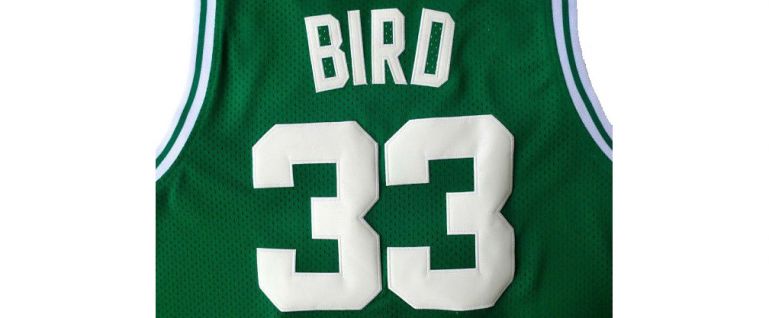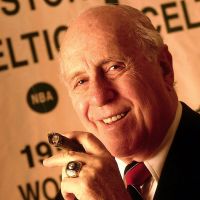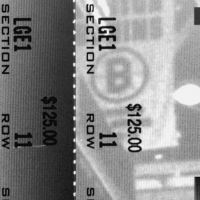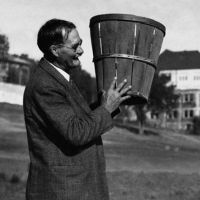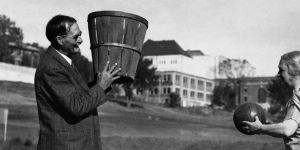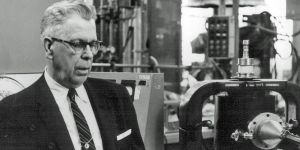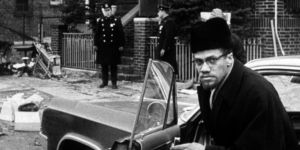February 4, 1993
Boston Celtics Retire Larry Bird's Number
Regions:
Western
Greater Boston
On this day in 1993, there was standing room only in the Boston Garden as the Celtics retired Larry Bird's number. In his 13 seasons with Boston, Bird emerged as the embodiment of "Celtics Pride." He joined the team in 1980 and was the NBA Rookie of the Year. With Robert Parish and Kevin McHale, he led the Celtics to ten Atlantic Division Crowns and three NBA titles. The league's MVP three seasons in a row, Bird's shooting prowess and brilliant defense drew crowds across the country, and helped rekindle enthusiasm for professional basketball. In 1996, he was named one of the 50 greatest players in NBA history.


